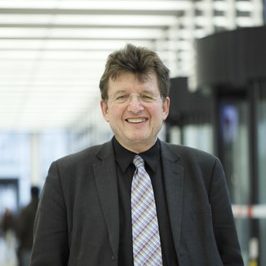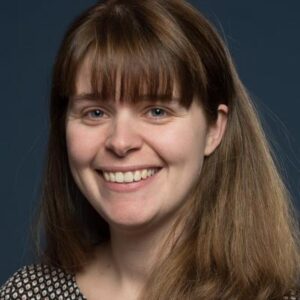LIBER Launches Digital Humanities Working Group
Digitisation has opened up the collections of many European research libraries to new methods of research in the humanities. However, not all libraries have had the possibility of acting on this, even though there is great potential for cooperation with our user communities and doing research.
To facilitate existing activities and to encourage interested libraries to engage with this growing group of scholars, LIBER has set up a Digital Humanities Working Group and is now looking for members. Interested members are welcome to contact co-chairs Andreas Degkwitz, Chief Librarian of Humboldt University, and Lotte Wilms, Digital Scholarship Advisor at the National Library of the Netherlands, with a short description of their experience and how you wish to contribute.
Digital Humanities
“Digital humanities (DH) is an area of scholarly activity at the intersection of computing or digital technologies and the disciplines of the humanities. It can be defined as new ways of doing scholarship that involve collaborative, transdisciplinary, and computationally engaged research, teaching, and publishing. It brings digital tools and methods to the study of the humanities with the recognition that the printed word is no longer the main medium for knowledge production and distribution.” – Wikipedia
LIBER feels that within the digital humanities, libraries play a pivotal role as stated in the strategic direction from the Draft LIBER Strategy 2018-22, ‘Libraries as a hub for digital skills and services’.


Andreas Degkwitz, Chief Librarian of Humboldt University, and Lotte Wilms, Digital Scholarship Advisor at the National Library of the Netherlands, will chair LIBER’s new Digital Humanities Working Group.
Working Group Activities
This Working Group will focus on creating a knowledge network of libraries around digital humanities within Europe. The goal of this network is to facilitate knowledge sharing, improving services for the academic community and thereby strengthening the relationship of European research libraries with digital scholars. The Working Group will be the go-to point for any LIBER member with questions about digital humanities and how to implement it in their organisation.
Collaboration with Research Infrastructures
Digital Scholarship has a very active community throughout Europe. Researchers work together across borders and find each other in European research infrastructures such as DARIAH and CLARIN. This is therefore the natural place to liaise with the scientific community and to ensure libraries are the ideal research partner within their domain.
To facilitate the best communication, a corresponding working group will be set up within DARIAH. The groups will be linked together by allowing members to join multiple groups to represent either the library or research community. Where possible, we will set up joint activities where the two communities can find each other and we will work together on the dissemination of output from either group. For more information on the DARIAH working group, please contact Sally Chambers.
Timeline
The working group will run for two years. Within this period we hope to have achieved our goal of creating a knowledge network throughout Europe. Ideally, the community will then be in place to keep up this network without the working group.
Related news articles